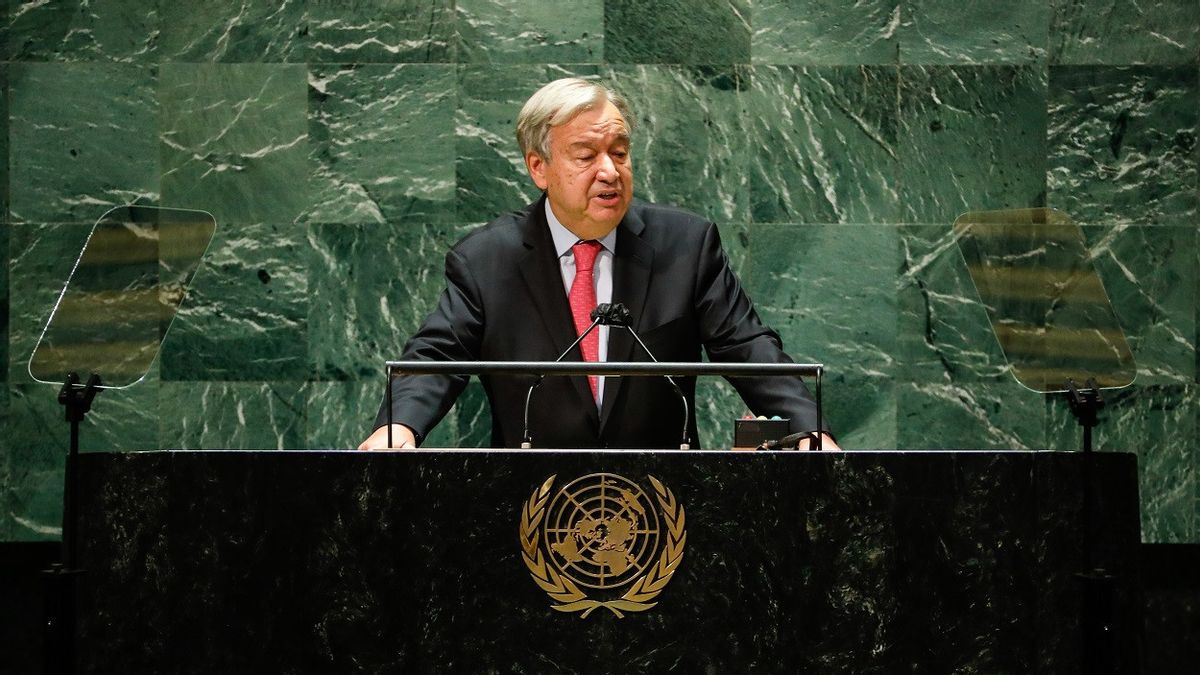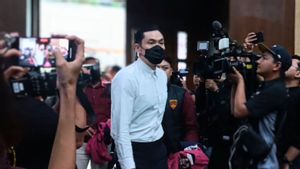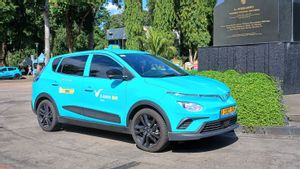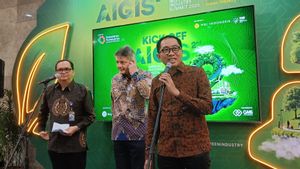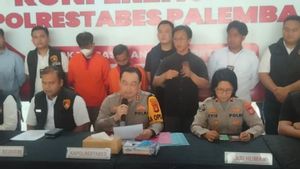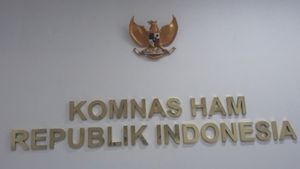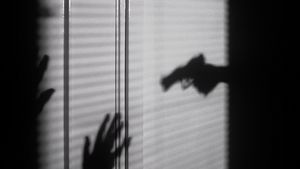JAKARTA - UN Secretary-General Antonio Guterres has proposed that one or more countries send "fast reaction forces", to help Haitian police eliminate the threats posed by armed gangs, according to a letter to the UN Security Council.
In the letter seen by Reuters, Guterres did not recommend the troops be deployed by the United Nations. He said the 15-member Security Council should welcome such power.
He said he could increase UN capacity to support ceasefires or humanitarian arrangements, ensuring coordination of efforts with international powers.
Guterres said swift action forces "will, in particular, support HNP (Lotian National Police), especially in the Port-au-Prince metropolitan area, in securing water-free movement, fuel, food and medical supplies from main ports and airports to the public and health care facilities".
"For this purpose, the troops will support HNP's efforts to eliminate the threats posed by armed gangs and provide immediate protection to critical infrastructure and services," he wrote.
He further explained that one country needs to lead a fast action force, with the troops "will be withdrawn in stages, when the HNP regains state control over critical infrastructure, targeted by gangs and begins restoring public security and freedom of movement."
After that, Guterres said the deployment of a multi-national police task force or multi-national special forces could be considered to assist Haiti in the medium term. He did not suggest such power was occupied by the United Nations.
Earlier, the Security Council had asked Guterres in July to consult with Haiti, relevant countries and regional groups regarding, "a possible option to increase security support", for HNP efforts to combat high-level gang violence" and reported back on October 15.
The council also threatened sanctions targeting criminal gangs and human rights violators in Haiti, calling on countries to halt arms flows to the country.
A UN political mission in Haiti works with governments to strengthen political stability and good governance, the protection of rights and reforms of justice, to assist the administration of free and just elections.
The UN peacekeeping force was deployed to Haiti in 2004, after an insurgency led to the ouster and exile of President Jean-Bertrand Aristide.
Peacekeepers left the country in 2017 and were replaced by UN police, who left and were later withdrawn in 2019.
Haiti last week said it would ask for a'special armed forces', to help fight the crisis caused by the blockade of fuel ports mainly by a gang coalition that crippled transport, forcing businesses and hospitals to halt operations.
The blockade also caused a shortage of bottled drinking water, just as the country confirmed a newmen's outbreak, whose spread is controlled through cleanliness and clean water.
The English, Chinese, Japanese, Arabic, and French versions are automatically generated by the AI. So there may still be inaccuracies in translating, please always see Indonesian as our main language. (system supported by DigitalSiber.id)
